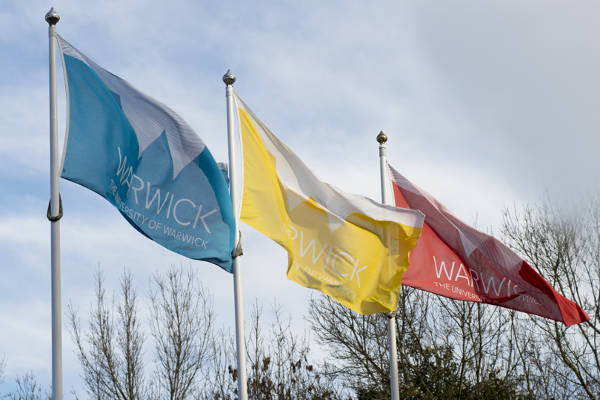Events and Open Days

Open Days
We run open days for our undergraduate courses and our graduate-entry Medicine (MB ChB) programme several times per year., usually in June and October. We'll update this page when the 2026 dates have been confirmed.

Leading Lights Lectures
Our Leading Lights lectures give our new professors the opportunity to share their career journey and current work with their colleagues, friends, and family, as well as members of the public with an interest in their area of research. These events are open to all. See our upcoming lectures here and watch the recordings of our previous lectures here.
CMCB Lab Talk - Cross lab
BMS Seminar: Functional genomics of human immune responses in tuberculosis, Professor Mahdad Noursadeghi, Professor of Infectious Diseases, Division of Infection and Immunity, University College London
Centre for Early Life (CfEL) Symposium: From Gametes to the First Five Years
 This one-day meeting will highlight the diverse research areas within the Centre for Early Life (CfEL), including human embryology, reproductive biology, and reproductive health, with the aim of fostering new interactions and collaborations.
This one-day meeting will highlight the diverse research areas within the Centre for Early Life (CfEL), including human embryology, reproductive biology, and reproductive health, with the aim of fostering new interactions and collaborations.
If your research interests relate to human reproduction, we warmly invite you to join us.

